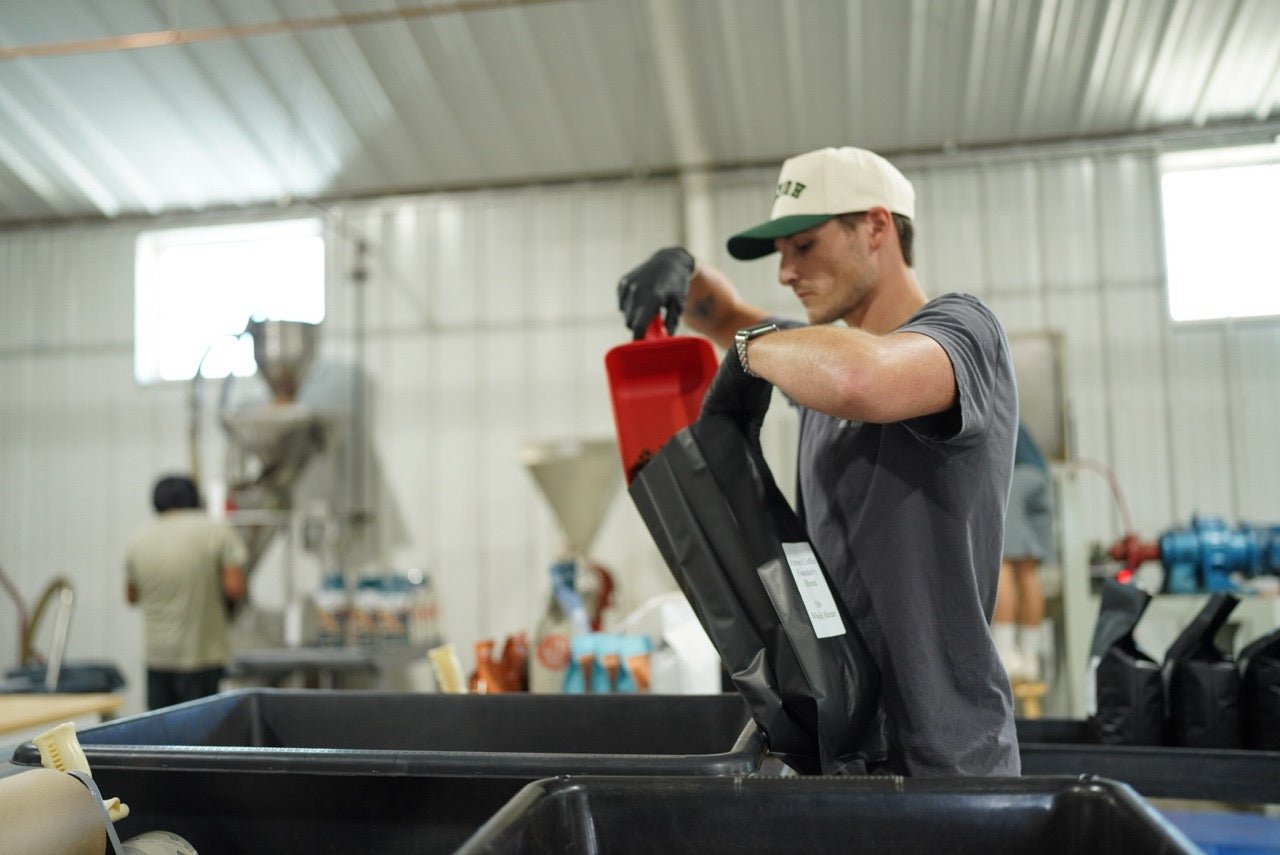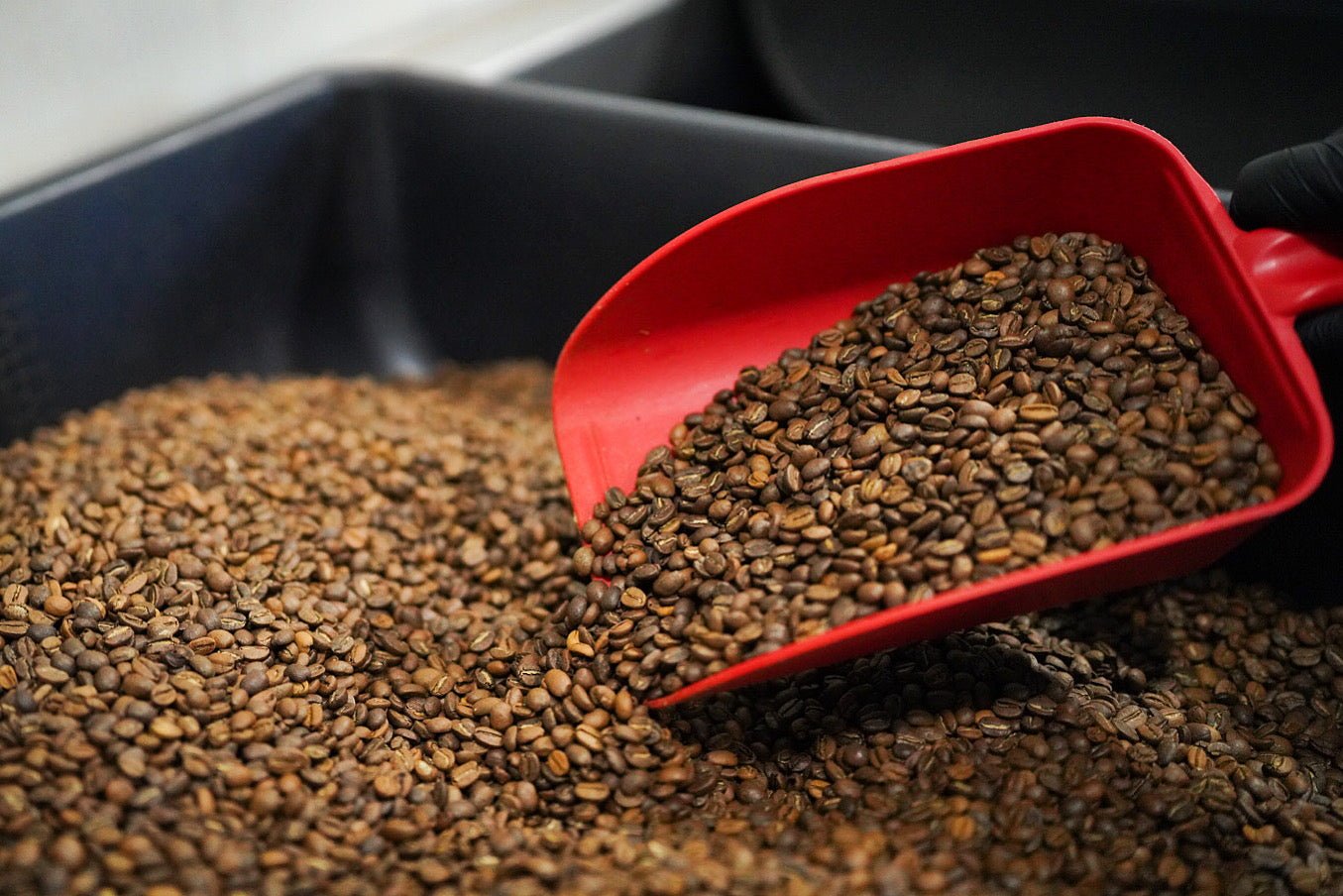Artificial Intelligence (AI) has rapidly transformed various industries, and the coffee sector is no exception. From crop cultivation and quality control to supply chain management and customer experiences, AI promises to revolutionize the way we grow, produce, and consume coffee. In this article, we will explore some of the ways AI is impacting the coffee industry and discuss the potential benefits and challenges of integrating AI into the coffee value chain.
-
Crop Cultivation and Management: AI-powered tools, such as drones and sensors, are increasingly being used to monitor and manage coffee plantations. These technologies gather crucial data on factors like soil quality, temperature, humidity, and pest infestations, which can help farmers make informed decisions about planting, fertilization, and pest control. Machine learning algorithms can also analyze this data to predict crop yields and identify patterns that may affect future harvests, enabling farmers to optimize their cultivation practices and improve overall productivity.
-
Quality Control and Grading: AI has the potential to revolutionize quality control in the coffee industry. Machine learning algorithms and computer vision technology can be used to analyze and grade coffee beans based on size, color, and defects more accurately and consistently than human graders. This automation can not only save time and labor costs but also improve the overall quality and consistency of coffee beans entering the market.
-
Roasting and Brewing: AI-powered roasting machines are starting to make their mark in the industry, allowing for precise control over roast profiles and ensuring consistency across batches. Similarly, AI-driven brewing equipment can optimize extraction times, water temperature, and brewing ratios, resulting in a consistently delicious cup of coffee. As these technologies become more widespread, we can expect to see an increase in the quality and consistency of coffee served in cafes and homes alike.
-
Supply Chain Management: Artificial Intelligence can play a significant role in streamlining the coffee supply chain, making it more transparent and efficient. AI-powered platforms can help monitor and manage inventory levels, predict demand, and optimize distribution logistics. This can lead to reduced waste, improved resource allocation, and better overall efficiency in the coffee industry.
-
Personalized Customer Experiences: AI has the potential to transform the way customers interact with coffee shops and brands. Chatbots and virtual assistants can provide personalized recommendations, answer customer queries, and even facilitate orders. Machine learning algorithms can also analyze customer preferences and purchase histories to create personalized marketing campaigns and promotions, helping businesses cater to individual tastes and preferences.
-
Ethical and Environmental Considerations: While AI offers numerous benefits, it is essential to consider its potential impact on the environment, employment, and social dynamics within the coffee industry. Automation could displace some jobs, particularly in quality control and service roles, creating challenges for those whose livelihoods depend on the coffee sector. Additionally, the environmental costs associated with producing and maintaining AI-powered technologies should be carefully considered, ensuring that the adoption of AI aligns with sustainable practices and responsible resource management.
Artificial Intelligence holds great promise for the coffee industry, offering improved efficiency, quality, and personalized experiences. However, embracing AI also comes with its share of challenges and ethical considerations. By carefully evaluating the potential benefits and risks of AI adoption, industry stakeholders can work together to create a tech-driven future that is sustainable, inclusive, and focused on delivering exceptional coffee experiences to consumers around the world.


